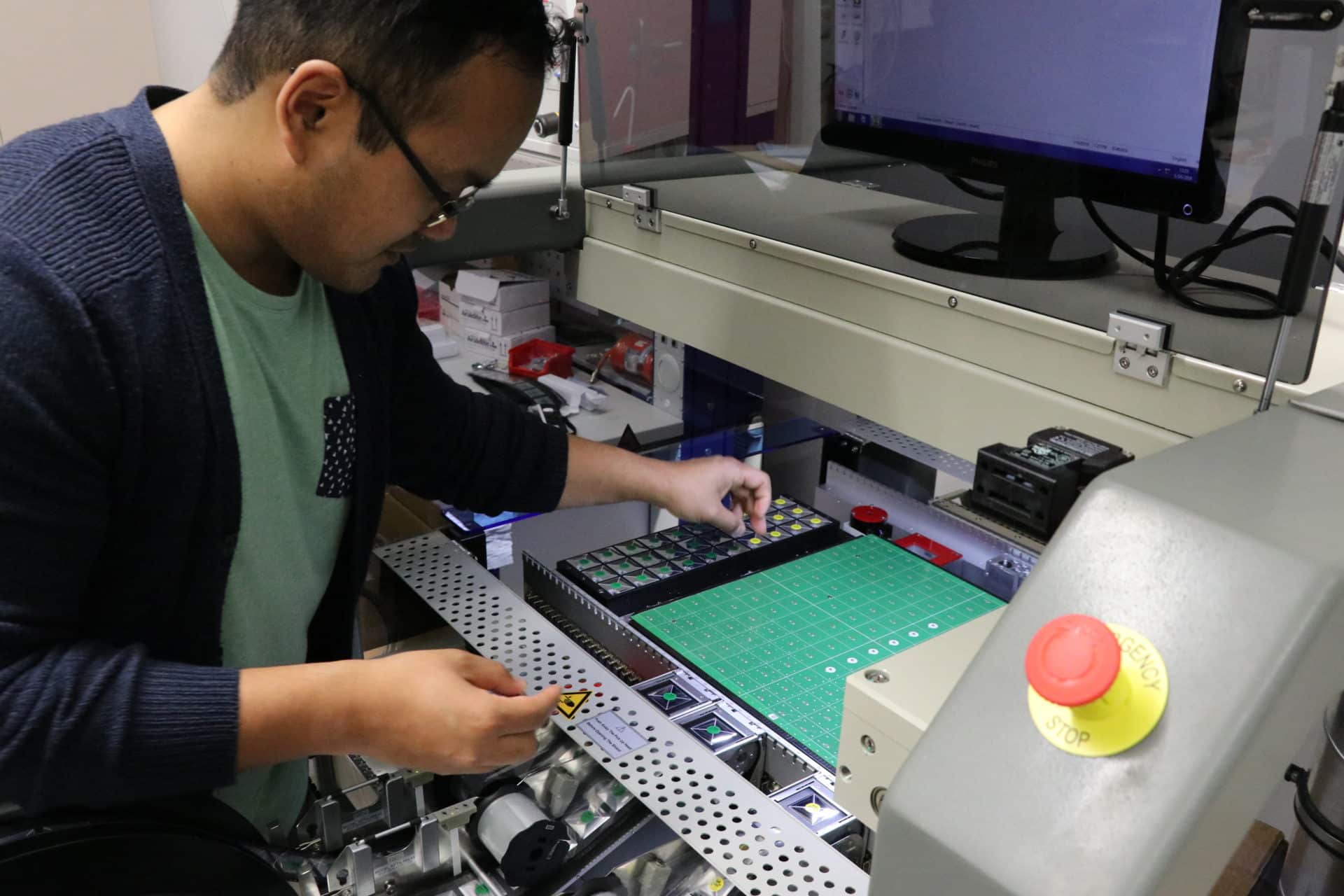Professor at the Institute of Nuclear Physics & coordinator of PRISMA Cluster of Excellence
In many disciplines, studying means going to classes and reading books, which is true to an even larger extent on the graduate level. But physics is different in many ways, especially at JGU which follows a concept of research-oriented teaching.
This does not mean that books and classes are not important anymore. But the focus shifts towards the “really interesting issues,” as Hartmut Wittig explains. “On the Master level, it is not merely a matter of gaining textbook knowledge. You become part of the physics community and you can deal with highly topical research questions at the forefront of knowledge gain.”
What Wittig describes here is the opportunity for students to join one of more than 60 research groups working in theoretical and experimental physics, including fields as diverse as astroparticle physics, dark matter searches, detector development, gauge theories and quantum optics. As a graduate student, you have the unique opportunity to join teams of internationally outstanding students and scholars, and you can already build up your own international network
“Students often complain about the school-like curriculum of university studies today,” Wittig adds, “but at JGU, this definitely ends as soon as you start your graduate degree.” And for students who come with the right attitude and interest in the subject matter, “you can already get a taste of graduate research by becoming involved in the later stages of your Bachelor’s.”

The unity of research and teaching is often merely regarded as a historical trait with little relevance for the modern university system. At JGU, however, it is one of the primary strategic goals to integrate research into teaching from an early stage onwards. On the one hand, this includes incorporating the latest research results into the courses that are being offered. On the other hand, students are encouraged to actively participate in ongoing and emerging research projects together with more advanced scientists. Among other things, JGU offers special trainings on research-oriented teaching methods for staff members and provides funding for innovative teaching formats. Learn more about research oriented teaching (German): https://www.gtc.uni-mainz.de/calls-for-applications-of-the-gtc/